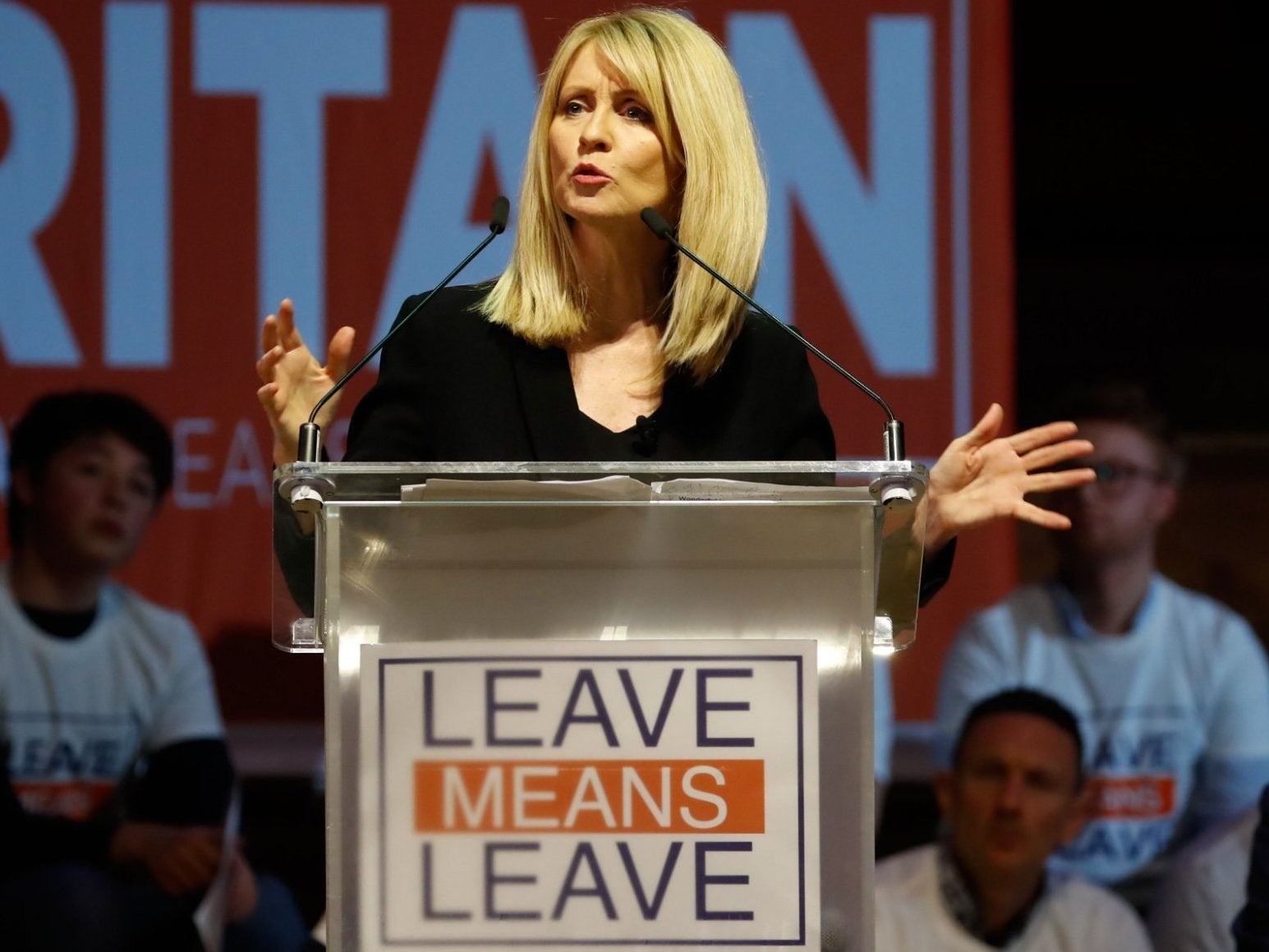Will all EU member states have to join the euro after 2020?
Analysis: Richer and poorer nations alike are wary of the obligation, says Sean O’Grady

So much has the argument about Brexit gone around in circles that we are now reliving arguments that predate the 2016 referendum.
Esther McVey, former cabinet minister and prominent Eurosceptic, tweeted a 2014 article in The Daily Telegraph by Andrew Lilico, the gist of the piece being that all European nations would be required to join the European single currency. This is, as has been widely stated, wrong, and her tweet has been deleted, but there is another side to the story which is more favourable to McVey.
First, though, the actual facts. As things stand the UK and Denmark have an absolute exemption from the obligation to join the euro. This was the famous “opt-out” from the 1992 Maastricht Treaty, which set in train the long process towards adopting the euro across much (though even now not all) of the EU. All the other member states of the EU in 1992 have now adopted the single currency; some members that joined after 1992 and after the first wave of euro nations abolished their currencies in 1999 have also adopted the euro – Slovenia in 2007, followed by Cyprus and Malta in 2008, Slovakia in 2009, Estonia in 2011, Latvia in 2014 and Lithuania in 2015.
Subscribe to Independent Premium to bookmark this article
Want to bookmark your favourite articles and stories to read or reference later? Start your Independent Premium subscription today.
Join our commenting forum
Join thought-provoking conversations, follow other Independent readers and see their replies